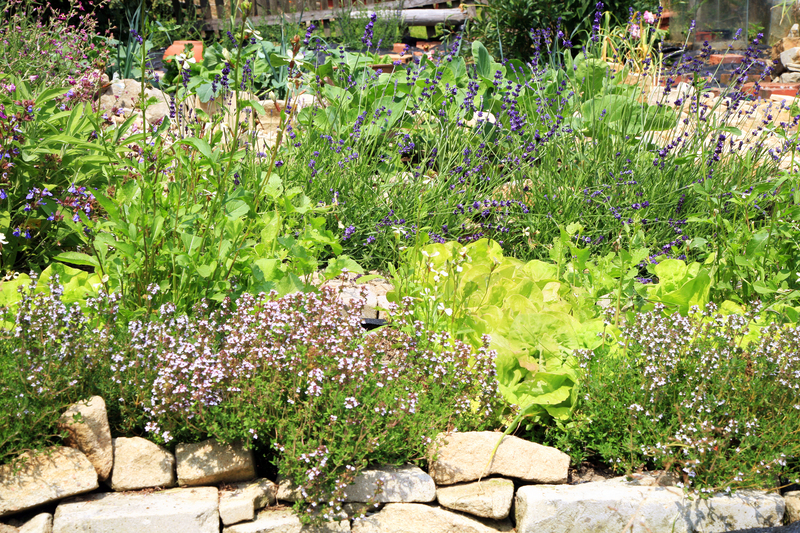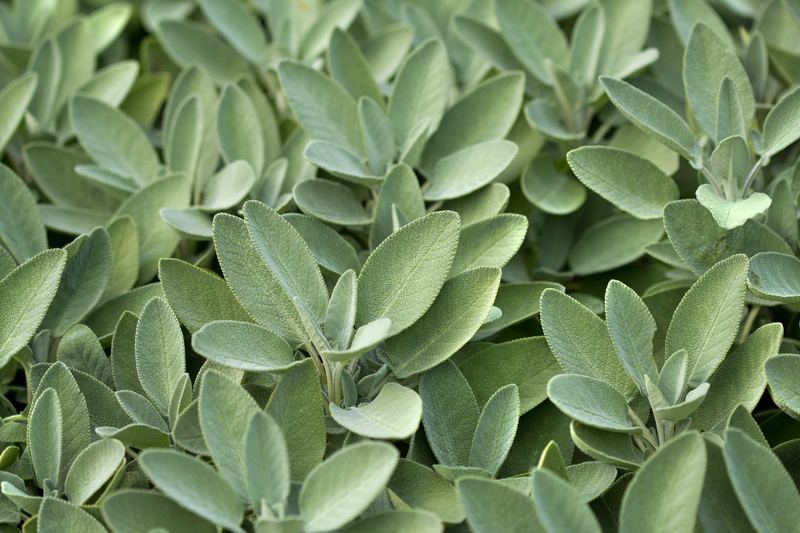Companion Planting Ideas to Enhance Your Summer Garden
Posted on 16/03/2024
When it comes to gardening, companion planting is a technique that has been used by gardeners for centuries. By understanding the benefits companion plants may offer your garden and who they will pair up well with, you can maximize the yield from your summer garden. Companion planting doesn't just benefit your garden; it also helps create a balanced, harmonious environment, which is good for both plants and pollinating insects. In this article, we'll discuss some of the best companion planting ideas to enhance your summer garden.
What is Companion Planting?
At its core, companion planting is the practice of pairing certain plants together in order to achieve optimal growth and pest-fighting protection. It relies on beneficial relationships between compatible plants, such as when certain species produce compounds that attract beneficial insects that help protect against pests. It's important to note that not all plants grow well together--it's important to get to know each plant's specific needs and characteristics before attempting to pair it with another species.


Benefits of Companion Planting
There are a number of benefits that come with using companion planting in your summer garden. First and foremost, companion planting encourages biodiversity, which helps create a balanced environment in which plants can thrive. For example, when planted together, certain species can provide mutual protection against pests and diseases (such as one plant producing an odor that repels harmful bugs while another attracts beneficial ones). Additionally, companion planting can bring useful nutrients into the soil and help prevent nutrient loss due to leaching or run-off. Finally, companion plants can serve as "living mulch" by shading the soil and reducing evaporation from wind and heat. Together, these reasons make companion planting an valuable tool for any gardener looking to get the most out of their garden while promoting sustainability.
Companion Planting Ideas for Summer Gardens
When coming up with companion planting ideas for your summer garden, there are several things to consider--what type of vegetables you plan to grow, what types of conditions they prefer (such as sunlight or shade), as well as which companions would provide the most benefit based on the characteristics of each plant. Here are some great companion pairing suggestions:
o Tomatoes & Basil: Tomatoes love full sun but basil prefers partial shade; because of this, they make great companions for each other in your summer garden. Additionally, basil contains oils that actually help repel aphids away from nearby tomatoes plants!
o Squash & Marigolds: Squash and marigolds are great partners; marigolds contain strong compounds that can keep destructive nematodes away from nearby squash plants while providing a bright splash of color in return!
o Carrots & Onions: Carrots don't require much nitrogen in order to thrive but onions do--pairing these two together ensures carrots have enough while also keeping unwanted critters away thanks to the smell of onions!
o Beans & Corn: Beans are known nitrogen fixers; they take nitrogen out of the air then release it into the soil for other plants like corn (which loves nitrogen) to absorb. These two make a fantastic combination for any summer garden!
o Peas & Radishes: Not only do peas provide nitrogen-rich benefits (similarly to beans) but radishes act as natural deterrents against certain insect pests such as aphids that may be drawn towards pea plants!
Conclusion
Companion planting can be an effective technique for maximizing both yield and environmental balance in your summer garden. With proper consideration given to individual plant needs and beneficial relationships between compatible species, you can create a beautiful space full of productive vegetation while maintaining nature's harmonious balance at the same time!
Latest Posts
Top Tips for Cleaning Your Patio and Paving Like a Pro
Easy Steps to Sharpen Your Garden Shears Without Leaving Home
Inspiring Concepts to Cultivate Your Own Zen Garden Sanctuary




